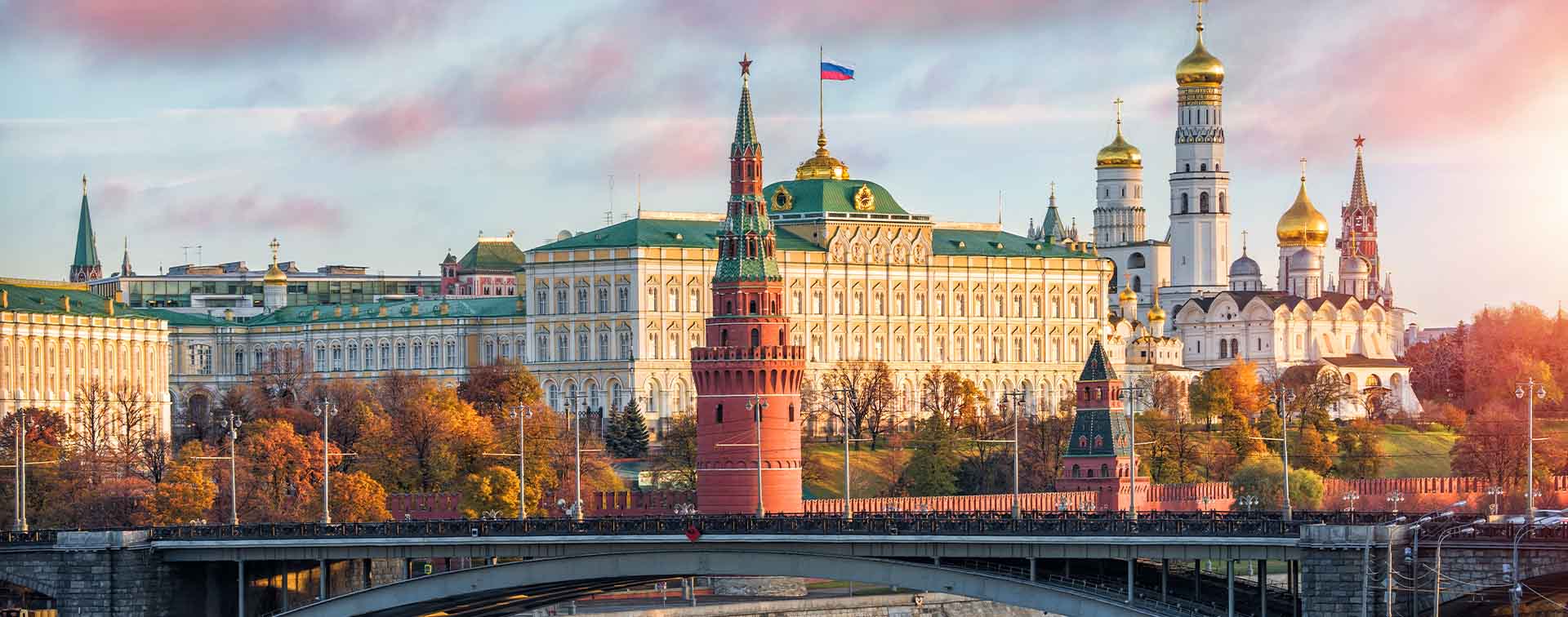
Ryhor Nizhnikau is a Senior Research Fellow at the European Union’s Eastern Neighbourhood and Russia program at the Finnish Institute of International Affairs
The current geopolitical environment is elevating BRICS into a cornerstone of Russian foreign policy. Having ruptured political and economic ties with the West, Moscow is actively re-orienting itself towards political and economic partnerships with the Global South. The expansion of BRICS and its formal institutionalization are also core to Russia’s strategy of re-structuring the existing global order.
By fostering new partnerships across the Global South, Russia envisions a transformation of BRICS into a building block of a new multi-layer system of international relations. This new geopolitical reality is having direct economic repercussions on both the Russian economy and wealth growth in the country. Until now, the Global South has assisted in alleviating Western economic pressure on Russia, yet the question remains regarding its long-term capacity to fully replace economic and financial ties with the West.

The military conflict between Ukraine and Russia has underscored Moscow’s ambition to change the rule-based international order and re-structure the system of global governance. It is grounded in Russian leadership’s belief that the current state of the international system is unfair and that it unilaterally favors the collective West, through which “neocolonialism” imposes Western values and serves its interests.
Building upon the assumption that the era of Western domination is over, and the global order is in transition, Moscow’s strategy particularly emphasizes the need for creating alternative centers of global governance. Russia’s foreign policy thus aims to utilize the rise of non-Western regional powers and increase cooperation between multiple integration centers in Africa, Asia, and Latin America.
The idea of the ‘integration of integration’ — as a loose unity of alternative regional orders — is seen by the Kremlin as a natural step towards the substitution of old formal and informal institutions, including the International Monetary Fund and G7, and the re-establishment of a “democratic multi-polar world”.
Seen as the potential prototype of future collective mechanisms of global governance within a multi-polar world, BRICS’s immediate utility is to provide a platform for coordinating and building a unifying voice. The expansion of BRICS in Africa, Latin America (even if delayed for now), and the Middle East serves the strategy of and enhances the potential for cooperation in various multi-lateral projects such as a BRICS–Africa partnership, as well as BRICS–MERCOSUR and cross-regional platforms.
Russia’s chairmanship of BRICS in 2024 aims to bring this ambitious agenda closer to realization. Its immediate goals include the integration of the new members, further expansion, and deepening and formalizing existing formats of cooperation.
Moscow’s pressing tasks highlight the need for formalizing BRICS institutionally. Deepening cooperation in politics and security, economics and finance, cultural and humanitarian contacts should launch the process of transforming BRICS into an alternative system of global governance, which would also serve as a pole of attraction for current members of Western political and economic alliances. To begin with, Moscow wants to deepen foreign policy coordination.
In the long term, Moscow envisages the creation of common financial institutions and potentially even a single currency. Although the latter goal is considered by some as somewhat unrealistic, the de-dollarization of mutual trade is a tangible goal, including trade liberalization and cross-sectoral economic cooperation.
Finally, Moscow has stated its interest in engaging over 30 states either as members or sectoral partners in its multi-faceted agenda. A further expansion of the BRICS organization would increase its authority and role in world processes.
Since February 2022, Russia’s economy has performed better than was widely anticipated. BRICS and the Global South have greatly facilitated Moscow’s ability to withstand Western pressure aimed at isolating Russia economically.
Intensified cooperation with China, India, and a range of other non-Western partners is assisting in maintaining the country’s macroeconomic stability and access to global markets and technology and overcoming its disconnection from Western financial and economic markets. This has contributed to a growth in domestic demand and production across several industries, which offers new opportunities for state-connected entrepreneurs.
Nevertheless, the rapid evolution of the Russian economy under new domestic and external conditions may take a rather unpredictable course. The subordination of the state economic and developmental needs to security concerns, which include a growing demand for nationalization and de-privatization of the economy, pose significant risks. Thus, in the longer term we may expect the shrinking of the economic pie, and pressure to redistribute property in the country, both foreign- and Russian-owned. If this is the case, the potential for wealth growth will remain rather limited, especially in comparison to other BRICS members.
Deepening and widening cooperation within BRICS may greatly lower the risks. Yet currently, BRICS itself faces a significant challenge. Its old and new members have diverse political and economic interests and cannot speak with one voice on most topical issues. Furthermore, there is no common vision for the future of integration and no specific development model. Russia’s geopolitical agenda is particularly offsetting. BRICS’s common denominator — re-calibrating global institutions to their favor — is far beyond Moscow’s goals.
In the absence of consensus among BRICS members, Moscow is taking an incremental approach to integration and pursuing tangible results based on deepening bilateral ties. Russia–India trade volumes have reached historic highs. In 2023, trade between the two BRICS countries doubled in volume and was expected to surpass USD 50 billion. In energy, China and India replaced the European Union market. Last year, half of Russia’s oil exports went to China while India’s share has risen to 40% in two years. Continued energy cooperation will continue to be a bedrock of Moscow’s financial and economic stability and its wealth growth.
Henley & Partners assists international clients in obtaining residence and citizenship under the respective programs. Contact us to arrange an initial private consultation.

Have one of our qualified advisors contact you today.
We use cookies to give you the best possible experience. Click 'Accept all' to proceed as specified, or click 'Allow selection' to choose the types of cookies you will accept. For more information, please visit our Cookie Policy.